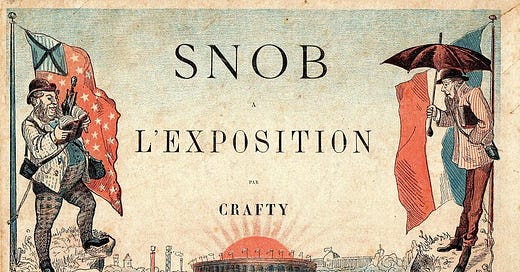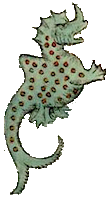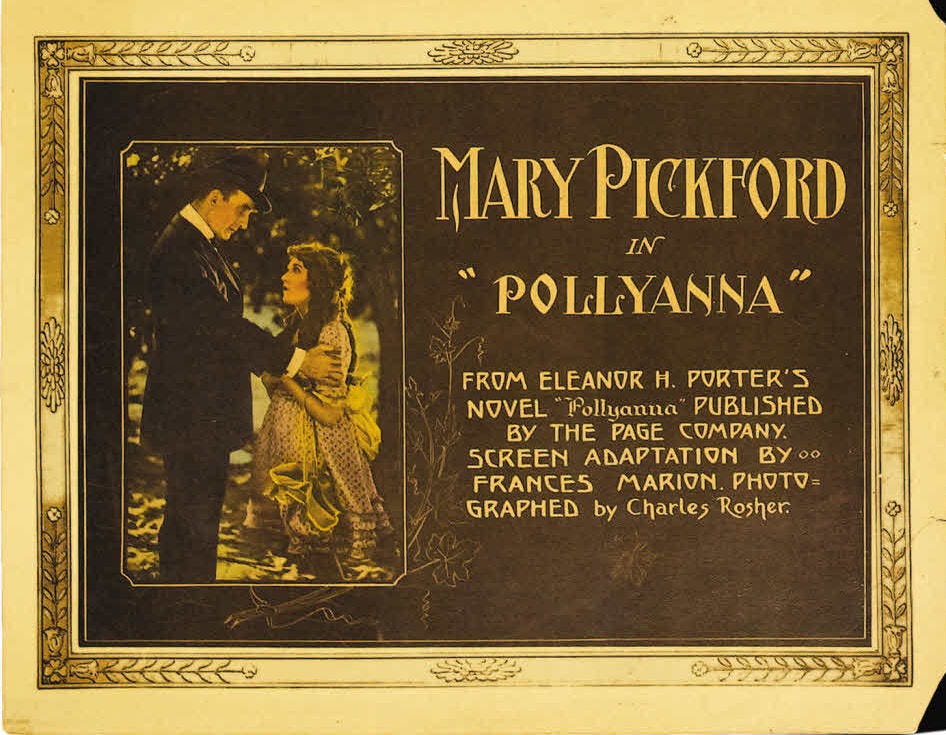You have a superpower, and chances are that you don’t know it. Your superpower is that you can modulate, on demand, your ability to perceive beauty.
I’m serious about this. Look at anything that’s not particularly pretty in your environment. Yes, right now. Maybe it’s a disorderly pile of books. A bunch of dirty dishes on the countertop. A not especially attractive man on the bus. An ad. A weird piece of abstract art. A gray sky. Whatever you pick, look at it with attention. Notice the details. Guess the story behind it. Decide to see the beauty in it. The pile of books might have interesting colors. The dirty dishes remind you of a great meal. The man on the bus in an honest, loving father. The ad is the product of fellow humans who worked hard to make something that they’re proud to announce to the world with cool marketing. The abstract art is an unusual composition of bright colors. The gray sky is vast and softly luminous.
Unless you picked something particularly repellent, this is guaranteed to work, though it won’t work equally well for everything. It’s worth reminding ourselves that beauty is not an arbitrary, “subjective”1 phenomenon. It depends on the properties of the thing you’re looking at, too.
But it doesn’t depend just on those. It also depends on the state of your mind — what you know, how you feel, what your previous experiences have been, what you consciously decide to pay attention to — and you have a lot of control over that, if you decide to exercise it.
Of course, any superpower can be used for ill or for good. Just like you can modulate your perception to make things more beautiful, you can also make things uglier.
The pile of books is yellowing and dusty and full of lame, cliché titles. The dishes are a reminder that you can’t get your shit together and clean them, plus is that mold growing on one of them? The man on the bus looks boorish and politically unaligned with you. The ad is an expression of a company exploiting its workers to sell useless crap, and also the typography is all wrong. The abstract art is plain and could have been made by your 4-year-old niece. The gray sky looks like it wants to deprive you of direct sunlight for the next three months.
You can make things uglier by focusing on their flaws, or by associating them with unpleasant thoughts. Or by adopting the taste of someone else. Have you ever watched a movie with a friend, liked it, and then heard your friend say “that was so bad!” and hear yourself reply “yeah I hated it”? That was a rewriting of your own aesthetic appreciation of the movie. It’s neither right nor wrong: it’s just that you changed, through the influence of your friend.
In practice, those modulations happen naturally as we change, without us trying to control the process. The direction of the modulation is more or less random: over time, we acquire some tastes and lose some; we become more sensitive to the beauty of certain things or people, and more sensitive to the ugliness of others. Over a lifetime, however, it’s possible that there are slightly more positive modulations than negative ones, or vice-versa. Then you become either a person who sees beauty and wonder everywhere; or someone who is extremely critical of everything and is never quite satisfied.
Call the first a pollyanna; the second, a snob.
Taken to their extremes, neither of these words describes a desirable status. A pollyanna is naïve and simple. There are things that are worth finding ugly, because they’re actually bad in some way — morally repellent, physically disgusting, just plain boring. If you truly saw beauty everywhere equally, you would have no ability to discriminate between things of varying quality, and would miss out on the best stuff.
Conversely, a snob is someone who discriminates too much. Only things of the utmost best quality are acceptable. This is great if you’re working as a movie critic or coffee influencer, not so much if your goal is just to enjoy life and share good memories with the less snobbish people around you.
In real life, few people are always pollyannas or snobs; we’re all both, at varying times. There are moments when we’re an emotional state to see beauty everywhere, and moments when we need to be critical and discriminatory. But because this is mostly unconscious — since most of us don’t realize we can modulate our perception of beauty and goodness — there’s a risk of being snobbish or pollyannish at the wrong times.
When is it good to be a snob? When you have to make a choice among an abundance of something.
This is especially important when the overabundance carries a risk of harm. If you’re worried about spending all your time playing video games, you can protect yourself by finding all but the very best games boring and tedious. To avoid watching too much TV, you can decide that all shows are crap, with only a tiny number of exceptions to make you sufficiently entertained. If you like dining out but care about your health and your wallet, you can boycott all fast food restaurants and only occasionally patronize quality eateries. And so on. Snobbism, by making everything pass a stringent quality filter, is a defense mechanism against excess.
But for things that aren’t overabundant and harmful, and especially things for which you don’t have much choice experiencing or not, being a snob is an error.
Consider seasons. There’s a good chance that there’s a season, where you live, that’s inferior to the other seasons, because the weather is crappier, less convenient, less beautiful. That’s fine — but don’t focus on the bad parts! Unless you take fairly involved and disruptive steps to move away during winter or whatever season you hate, you’re going to experience the season no matter what. It would be foolish to be a “season snob”; you’re not at risk of suffering from an excess of season. All it will do is make you more miserable during part of the year.
The same applies to most things that are environmental: weather generally, the landscapes around your house and on your commute; the unavoidable elements of your economic and political environment, like ads or bureaucracy; the people you live with or nearby. To some extent, yes, you can choose your environment, and snobbery might be useful when a choice is to be made — e.g. when buying a house. But for the most part you just experience your environment, and turning into an environment snob is not going to make you happy in any way.
Instead you can be pollyannish about those things. You can learn to see beauty even where beauty is not obvious.
I suspect that this is the correct attitude far more often than snobbery is. Although it can be good to notice flaws and problems, it’s rarely a wise choice to obsessively focus on them, unless you receive some compensation in exchange. Plausibly, a big part of the sadness and depression people feel comes from being overexposed to bad things for which they have no control over, for example in the news and on social media.
But this is less about beauty than generic goodness. I’ve been deliberately conflating them in this essay — partly because they’re quite often different facets of the same thing — but I’m less confident about the benefits of being pollyannish for things like moral problems. For regular aesthetics, however, I think the point stands. Aesthetics is often about basic things like colors and shapes textures and harmonies between sounds. For the vast majority of aesthetic experiences, there’s no deep moral point, and so no reason to modulate your perception to see the things as ugly.
So I think it’s worth thinking a bit about when to be snobbish and when to be pollyannish. But don’t worry too much about it: there’s a worse way to live your life, and it is to be neither.
The snob and the pollyanna notice different things, but both notice. Noticing is good in itself. Your conscious attention is what you have that’s most precious. It is what distinguishes you from, and makes you far more interesting, than all non-living things, and most living things too. It is your actual superpower.
And so, in the end, snobs and pollyannas aren’t that different from one another. They both “live” more than the person — shall we call them a ghost — who travels across their own life without seeing either the beauty or the ugliness of a pile of books or dirty dishes, the people around them, the weird abstract art, the ads, the sky, the seasons. Becoming a ghost is a worse fate than mistakenly becoming a snob or pollyanna in the wrong contexts.
So please, go out there and notice things. Modulate your perception of the beauty of the world. Don’t let that perception become a flat, dead line.
I’m putting this word between quotes because I’m not sure that subjectivity is a coherent concept.












This is such a useful heuristic to carry around. Another brilliant essay Étienne, thank you
Thanks for sharing this. I love how this shift in perception can suddenly happen and change everything.
"Clouds come floating into my life, no longer to carry rain or usher storm, but to add color to my sunset sky.” ~ Rabindranath Tagore